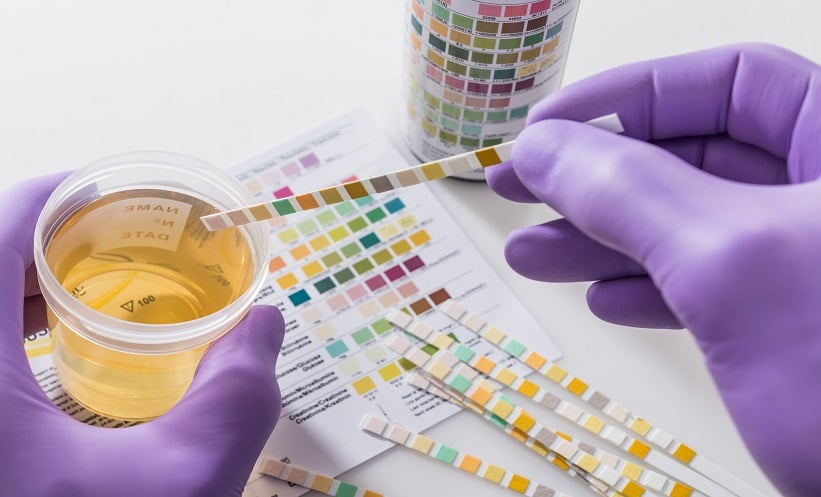IN a significant advancement for bladder cancer (BC) diagnosis, researchers have developed a novel urine-based test, EarlyTect BCD, which demonstrates high clinical performance in detecting BC among patients with haematuria. Traditional non-invasive diagnostic methods often fall short, particularly in initial diagnoses, but EarlyTect BCD appears to bridge this gap effectively.
The study evaluated the test’s validity in both Korean and American populations scheduled for cystoscopy. EarlyTect BCD employs a streamlined process combining linear target enrichment and quantitative methylation-specific PCR in a single closed tube, capable of detecting as few as two genome copies of methylated PENK per millilitre of urine.
In a retrospective training set of 105 patients, the test achieved a sensitivity of 87.3% and a specificity of 95.2% in distinguishing BC from non-BC. These promising results were further validated in a prospective study involving 210 patients (122 Korean and 88 American), where the test maintained an overall sensitivity of 81.0% and a specificity of 91.5%, with an area under the curve value of 0.889.
Importantly, EarlyTect BCD excelled in detecting high-grade Ta and higher stages of BC, exhibiting a 100% sensitivity rate. Its negative predictive value stood at 97.7%, indicating its reliability in ruling out BC, while the positive predictive value was 51.5%.
These findings underscore EarlyTect BCD’s potential as a highly effective, non-invasive diagnostic tool for early BC detection in patients presenting with haematuria, offering a valuable addition to current diagnostic practices.
Helena Bradbury, EMJ
Reference:
Bang BR et al. EarlyTect BCD, a streamlined PENK methylation test in urine DNA, effectively detects bladder cancer in patients with hematuria. The Journal of Molecular Diagnostics. 2024.








